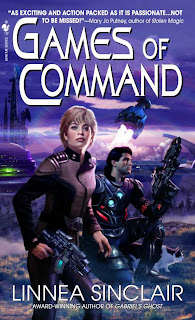STATUS: Spent some time on the phone with tech people trying to figure out why I was receiving emails but not able to send. Fun that was not!
What’s playing on the iPod right now? THAT GIRL by Stevie Wonder
On Sunday, I went out to dinner with my husband and a couple of his friends that he’s known since grad school. One of the former school chums brought her 15 year old son to dinner with us (who, by the way, was only 7 last time we saw him—sheesh time flies).
He probably thought I was the biggest dork on the planet but he was very kind when I peppered him with questions about his current teen life.
So this is what I discovered.
He likes hip-hop—be it with graphic lyrics or not.
He plays rugby (they have that sport in high school?) but liked that I play Ultimate Frisbee and he might want to give that a try.
He calls himself “preppy.” ( I hadn’t heard that term in a while!)
His best friend calls himself an “EMO.”
First time I’d ever heard the word but I guess this is quite the rage at the moment in high schools (and yes, I did start feeling a little ancient). “Emo” is short for “emotionals.” According to him (and yes, I understand that one source is hardly scientific), EMOs like to wear tight jeans (really straight leg), color their hair (but they don’t always have to), and like to listen to death metal or something that might be similar (that was a little fuzzy for me and the bands he named weren’t ones I recognized).
I felt like I had been given a peek into a secret world.
Then last night I was reading a partial that I had requested and boom, what did I see in the sample pages? A reference to EMOs.
I felt cool for about 10 seconds.
But I highlight this story to point out one thing. If you write contemporary young adult, you’d better know what’s going on in the young adult world. Teen readers can spot a fake or a preachy adult in a New York minute.
And as an agent who reps YA, I need to know what’s going on in the contemporary YA world too.
So, I see more dinners with my friends’ teenage kids in my future. As for the tween set, my nieces have got my back….

